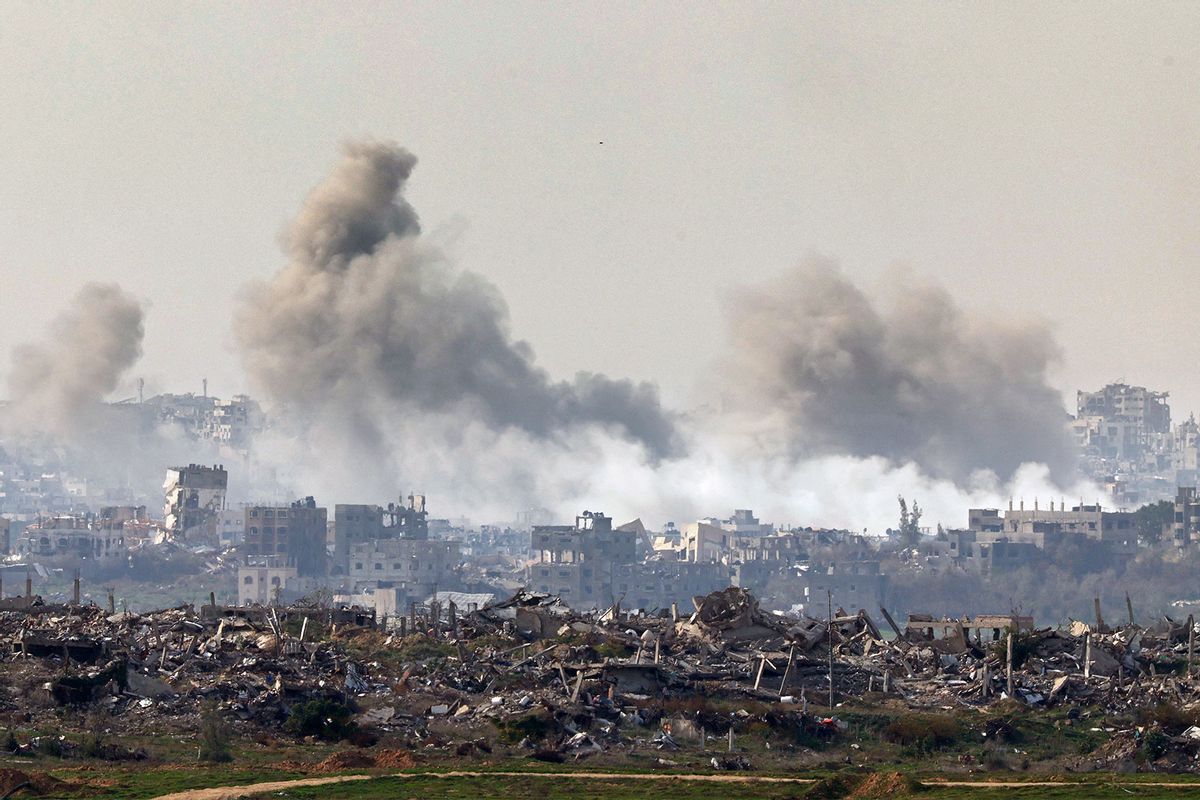A deal has been reached between Israel and Hamas to establish a ceasefire and release the remaining hostages held in Gaza, U.S., Israeli and Hamas officials told multiple news outlets.
The agreement, brokered during talks held in Doha with involvement from U.S. officials, appears to represent a breakthrough after several aborted attempts for which each side blamed the other. It offers the possibility of long-term relief from a sustained Israeli assault that has killed at least 45,000 Palestinians — and perhaps more than 70,000 — destroyed much of Gaza and been characterized as a genocide by several human rights watchdogs.
Hamas leadership has already consented to the deal, one of the group's senior officials told CNN, while the Israeli security cabinet will convene on Thursday to vote on it, with a majority of ministers expected to be supportive. Israeli Prime Minister Benjamin Netanyahu, who reportedly shut down previous deals but is under both U.S. and domestic pressure for a resolution, said Wednesday that he hopes a few remaining details "will be finalized tonight."
Under the first phase of the expected agreement, a ceasefire will be implemented while Hamas initially releases 33 hostages seized from Israel during its Oct. 7, 2023 attack and Israeli forces gradually withdraw to a buffer zone in Gaza adjacent to the border. Once Hamas confirms how many of the hostages are still alive, Israel will begin releasing hundreds of Palestinian prisoners it has held both before and after Oct. 7.
Palestinian civilians will be allowed to return to northern Gaza during this time, though Israeli officials stressed that "security arrangements" would be in place to ensure that no weapons or militants are moved.
Both President Joe Biden and President-elect Donald Trump sent envoys to Doha to facilitate negotiations, with the latter claiming most of the credit in a Truth Social post.
While the deal would put an end to the mass bloodshed, at least temporarily, there are still questions over how to manage the influx of humanitarian aid, provide Gaza a semblance of habitability after more than a year of bombardment, ensure that the ceasefire continues to hold and resolve underlying issues that provoked the conflict, such as Israeli policies that critics say amounts to apartheid against Palestinians.
The deal does not impact the International Criminal Court indictments of Netanyahu, former Israeli defense minister Yoav Gallant and several Hamas leaders charged with war crimes. Because it has also not taken effect yet, Palestinian Civil Defense has warned residents to remain in place, with Gaza's health ministry reporting that another 62 people were killed by Israel just on Tuesday.



Shares